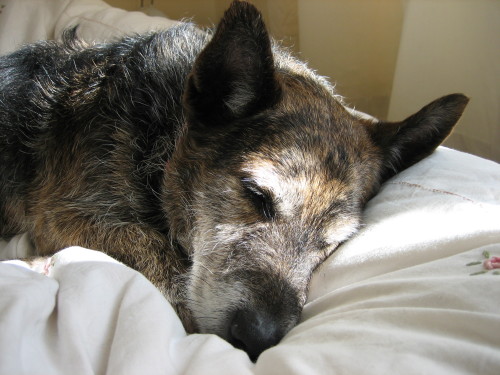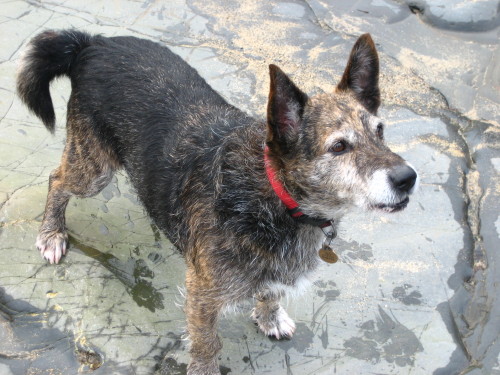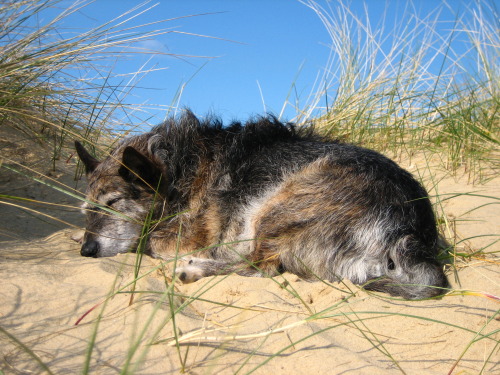#bioscence
How workers can become queens
A honey bee’s fate is decided at birth. The larvae develop to become a queen or a worker. If you’re born a queen, you get to rule the hive.
But other insects are more flexible.
For example, paper wasps and dinosaur ants are able to switch role from worker to queen at any point in their life - and new research uncovers the basis of this flexibility.
Researchers from the University of Bristol, the Babraham Institute and the Centre for Genomic Regulation analysed individual wasp and ant brains from queens and workers of both species to see whether caste differences could be explained by variations in how the genome is ‘read’ and regulated.In the paper wasps as seen in the video above, the queen is identifiable by behaviours such as shaking the abdomen and aggression to exert dominance.
By looking at the genetic makeup of the insects, the researchers were able to determine what genetic influences were controlling behaviour.
They found very little difference between roles, which was surprising given that hundreds of genes are involved in determining the differences between queens and workers in the honeybee.
This suggests that there is no single master gene determining the role of these wasps and ants.
So you don’t have to be born a queen after all…
Video: Solenn Patalano
It’s a dog’s life…
You can probably think of several changes that would improve your quality of life. Maybe working fewer hours, spending more time outdoors or winning the lottery so you can buy that new car. It’s a very personal list.
For many people their dog’s quality of life is as important as any other family member’s. Many difficult veterinary decisions are made on the basis of quality of life judgements but the obvious challenge is that dogs can’t speak.
Doctors treating babies or adults with dementia face the same problem, so they ask someone who knows the patient well to complete a rigorously designed questionnaire on their behalf.
Similar questionnaires have been developed to assess quality of life in dogs. Zoe Belshaw and colleagues at the University of Nottingham’s Centre for Evidence-based Veterinary Medicine have reviewed many of these to identify the best ones and highlight areas for further improvement.
They hope their recommendations will help owners and vets assess canine quality of life with greater accuracy and confidence, making difficult decisions a little easier.
Images: Zoe Belshaw
Post link



